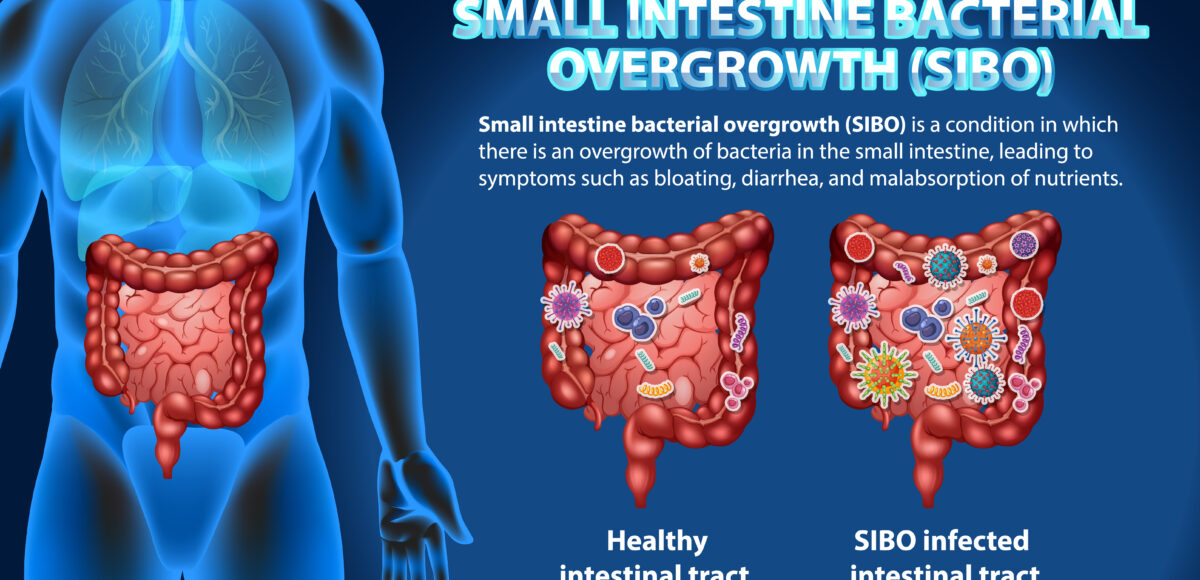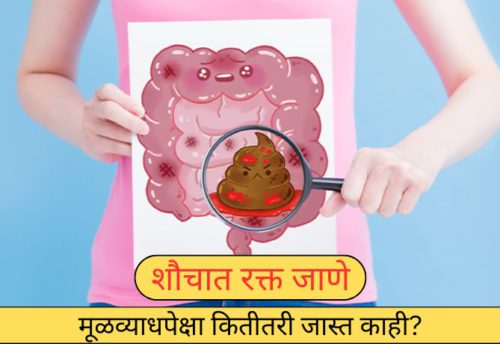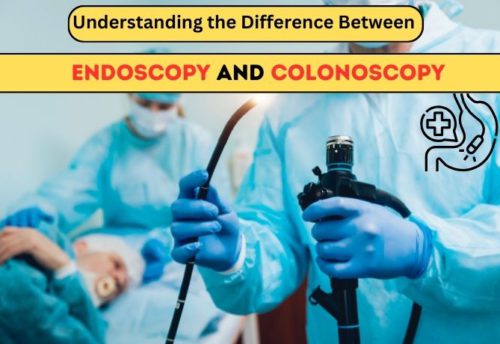
What is SIBO? Understanding Small Intestinal Bacterial Overgrowth
Small Intestinal Bacterial Overgrowth (SIBO) is a medical condition characterized by an abnormal increase in the small intestine’s number or type of bacteria. While the digestive tract naturally houses bacteria to aid in digestion and immune function, most of these bacteria reside in the large intestine. When these microorganisms start to populate the small intestine in excess, they can disrupt the delicate balance of digestion, leading to a range of uncomfortable and sometimes serious symptoms.
In this blog, we will explore SIBO in detail, including its causes, symptoms, diagnosis, treatment, and prevention. Additionally, we’ll introduce you to Dr. Suresh Jain at Digestive Endoscopy, a trusted expert in diagnosing and treating SIBO.
Understanding SIBO: What Happens in Your Digestive System?
The small intestine is primarily responsible for absorbing nutrients from the food you eat. It is designed to maintain a relatively low bacterial count compared to the colon. In SIBO, however, bacteria from other parts of the digestive system migrate to the small intestine or proliferate abnormally.
This bacterial overgrowth can interfere with the absorption of essential nutrients, leading to malnutrition and other gastrointestinal problems. The bacteria also ferment undigested food in the small intestine, producing gases contributing to bloating, pain, and other symptoms.
Causes of SIBO
There are multiple reasons why someone may develop SIBO, including:
- Motility Issues: Conditions like Irritable Bowel Syndrome (IBS) or gastroparesis can slow the movement of food and waste through the digestive system, creating a breeding ground for bacteria.
- Structural Abnormalities: Surgeries or abnormalities, such as strictures or diverticula, can trap food and bacteria in the small intestine.
- Immune Deficiency: Weakened immunity may fail to regulate the bacterial population in the digestive system.
- Medical Conditions: Diseases like diabetes, Crohn’s disease, and celiac disease can increase the risk of SIBO.
- Medications: Prolonged use of antibiotics, proton pump inhibitors, or opiates may alter gut flora and promote bacterial overgrowth.
Symptoms of SIBO
SIBO symptoms can vary from mild discomfort to severe malabsorption and nutrient deficiencies. Common symptoms include:
- Bloating and abdominal distension
- Diarrhea or constipation (or alternating between both)
- Excessive gas or flatulence
- Abdominal pain or cramping
- Unintentional weight loss
- Fatigue
- Nutritional deficiencies, such as low levels of Vitamin B12, iron, or fat-soluble vitamins (A, D, E, K)
If left untreated, SIBO can lead to long-term complications, including osteoporosis, anemia, and chronic fatigue due to nutrient deficiencies.
Diagnosing SIBO
Accurate diagnosis is essential for effective treatment. Common diagnostic methods include:
- Breath Tests: The most widely used test for SIBO involves measuring hydrogen and methane gases in the breath after consuming a sugar solution. Elevated levels indicate bacterial overgrowth.
- Small Intestine Fluid Culture: This invasive procedure involves collecting and culturing fluid from the small intestine to identify bacterial growth.
- Imaging Tests: Structural issues, such as blockages or diverticula, can be identified through imaging studies like CT scans or MRIs.
Treatment Options for SIBO
Treating SIBO typically involves a multi-pronged approach:
- Antibiotics: Targeted antibiotics, such as rifaximin, can eliminate the bacterial overgrowth.
- Dietary Changes: The low FODMAP diet or the Specific Carbohydrate Diet (SCD) is often recommended to reduce fermentable carbohydrates that feed the bacteria.
- Probiotics: Certain probiotics can help restore the natural bacterial balance in the gut.
- Underlying Causes: Treating the root cause, such as motility disorders or structural issues, is essential to prevent recurrence.
Preventing SIBO Recurrence
Once treated, recurrence is common in SIBO patients. To reduce the risk of relapse:
- Maintain a balanced diet that limits excessive sugar and refined carbohydrates.
- Address underlying conditions, such as IBS or diabetes, with a healthcare provider.
- Stay active to promote healthy gut motility.
- Avoid unnecessary antibiotic use, which can disrupt gut flora.
Why Choose Dr. Suresh Jain at Digestive Endoscopy?
For patients in search of expert care for digestive health, Dr. Suresh Jain at Digestive Endoscopy clinic is a trusted name. With years of experience in gastroenterology, Dr. Jain specializes in diagnosing and managing conditions like SIBO. Using advanced diagnostic tools and evidence-based treatments, he ensures personalized care tailored to your specific needs.
Small Intestinal Bacterial Overgrowth (SIBO) is a manageable condition when diagnosed and treated promptly. If you’re struggling with symptoms of SIBO, seek expert help to restore your gut health and prevent complications.
To receive comprehensive care, book an appointment with Dr. Suresh Jain at Digestive Endoscopy clinic today. With his guidance, you can reclaim your digestive health and live a symptom-free life.



Leave a Comment